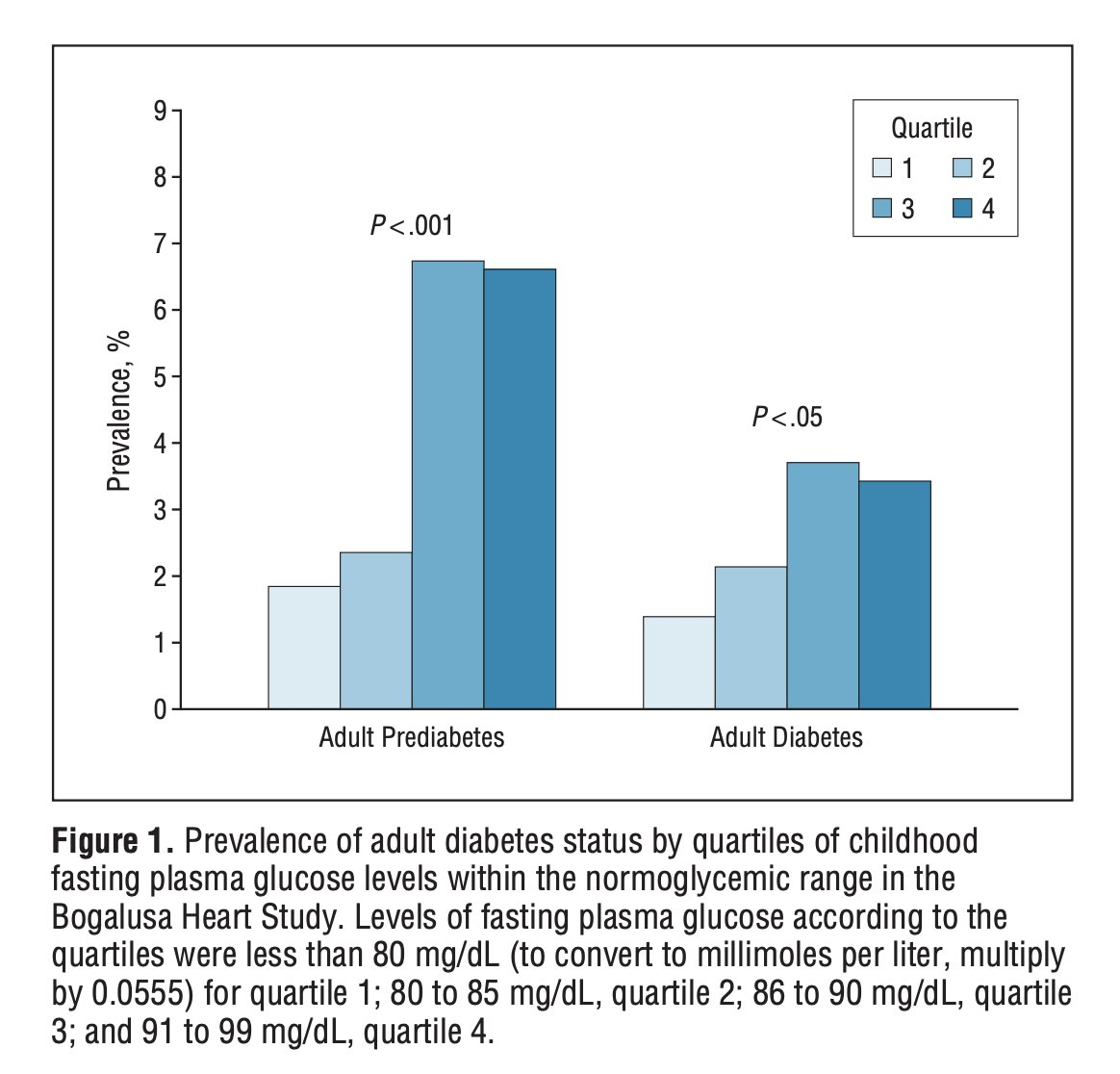
How one tiny vitamin might become your secret weapon against the Big C
Story-At-a-Glance
Hey, it’s Matt Cook here and don’t miss this vitamin that studies show may help stop cancer growth and boost your immune system.
I’m revealing the “superhero” vitamin men are often deficient in that fights inflammation…
…and enhances men’s bodies’ natural defenses that protect them against the Big C.
And it’s as easy as adding this vitamin to your supplement routine — just make sure it’s high quality (I’ll recommend some)…
Unsubscribe | Report as spam | Change email preferences
—-Important Message—-
Blood sugar ranges are totally WRONG
Blood sugar tests are pretty popular.
But did you know that even if your doctor says your blood sugar levels are “normal,” it might still be hurting you?
Blood sugar over 86 mg/dL (4.7 mmol/L)…
- TRIPLES the risk of prediabetes
- And nearly doubles the risk of diabetes
Most lab reports show up to 100 mg/dL as “normal”
But that range is totally WRONG based on the latest science.
I’ve found that blood sugar often rises because of gut inflammation.
And curing high blood sugar by fixing the TRUE cause (gut inflammation) is key.
———-
The superhero vitamin that fights cancer
Not too long ago most people thought of cancer as a genetic disease.
Something that people were predisposed to getting – and there was not much that you could do about it.
This was never true. Cancer risk is largely determined by the environment.
This includes everything from what you put into your mouth to how much light you get on your skin.
Inside the body, cancer is highly metabolic.
Cancer depends on deranged energetic metabolism to feed tumors.
But this deranged energetic metabolism can be altered by numerous different things.
One of the most important things to keep your metabolism healthy is vitamin B1.
B1 reverses the metabolic problems that feed cancer. The problem is how to get enough B1 into the cell – where it is needed.
Researchers are now working with different types of vitamin B1 which are even more beneficial in the fight against cancer than plain old thiamine.
These forms pull B1 into the cell – where it is needed most.
This review article was written by researchers at the University of Georgia. The paper was published in Biomedicine and Pharmacotherapy.
Cancer cells rely on a type of metabolism called glycolysis.
Glycolysis increases when cells are stressed or cannot get access to enough resources.
“Malignant cells frequently demonstrate a reliance on glycolytic metabolism to support their spread.”
Glycolysis (cancer metabolism) is triggered by an enzyme called pyruvate dehydrogenase kinase.
You could say that pyruvate dehydrogenase kinase is partially to blame for cancer.
“Overexpression of pyruvate dehydrogenase kinase may promote this unique metabolic signature tumor cells.”
Thiamine – the basic form of vitamin B1 can prevent and reverse this process – lowering pyruvate dehydrogenase kinase.
Because of this, researchers have long held out hope that thiamine could be a useful treatment for cancer.
Thiamine is the basic form of vitamin B1.
“High doses of vitamin B1 possess antitumor properties presumably through inhibiting pyruvate dehydrogenase kinase.”
Fantastic in theory – but in reality, it’s difficult to get enough thiamine to the places it is needed – inside cancer cells.
“Though a promising approach for cancer therapy, thiamine’s low bioavailability may limit clinical effectiveness.”
To get around this, researchers are now working with slightly modified versions of thiamine.
These are forms of vitamin B1 which are attracted to fats – and they are more rapidly evenly distributed throughout the body.
These fat-seeking forms of B1 could rapidly find their way into cancer cells – unlike standard B1.
“Here, we examined the anticancer effect of commercially available lipophilic thiamine analogs sulbutiamine and benfotiamine.”
Thiamine is standard B1.
Sulbutiamine and benfotiamine are slightly modified forms of B1 which are more easily dispersed around the body.
The researchers first carried out a number of biochemical and cell experiments.
These experiments showed that these new forms of vitamin B1 could be very beneficial in regulating against cancer metabolism.
“We have demonstrated that the commercially available thiamine analogs sulbutiamine and benfotiamine increase thiamine’s anti-cancer effect in vitro.”
These nutrients help by increasing the amount of vitamin B1 inside the cell…
Something which cannot be achieved by using normal vitamin B1 – thiamine.
“These nutrients significantly increase intracellular B1/thiamine.”
More importantly, they lower the effect of pyruvate dehydrogenase kinase – perhaps the most problematic enzyme in cancer metabolism.
“We found the nutrients inhibited the function of multiple pyruvate dehydrogenase kinase isoforms.”
Further experiments showed that only one type of these B1 analogs were effective at slowing tumor growth.
One form of vitamin B1 was able to slow the growth of cancerous tumors in live animals.
“Benfotiamine (B1) reduced tumor growth in a xenograft mouse model of cancer.”
These are exciting experiments – an easily available supplement to regulate cancer metabolism would be fantastic.
The reality is that many of the things we do every day increase or decrease the enzymes which promote or destroy cancer.
These different forms of thiamine are just one potential route to controlling cancer metabolism.
—-Important Message—-
Here’s my “Hollywood” supplement – makes me feel 30 yrs younger
I’m taking a natural anti-aging supplement called CID5920.
It’s been proven through scientific studies to give a man better health, better fitness, and even better performance with a woman.
In fact, many celebrities and rich politicians have been taking CID5920 for years.
It’s only just now become available to guys like you and me.
And I’m absolutely thrilled with what it’s been doing for my health, my stamina, my energy levels, and my erections with my wife.
I feel like a man 20 or 30 years younger…
———-



